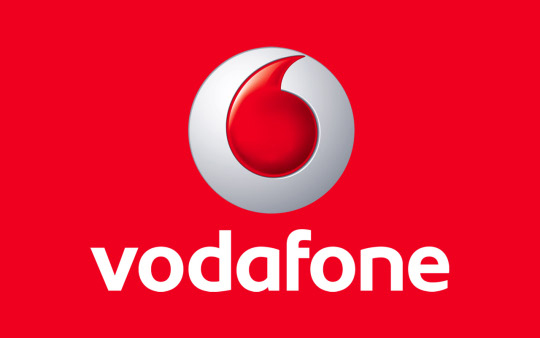Experienced Investor
A stock to top up…and one to reduce – UK equity income fund manager gives his view

Chris Wright, manager of the Premier Optimum Income fund, gives his thoughts on a stock to top up, and one to pare back.
Top up – Legal & General
Legal & General is a leading UK life company, with market leading positions in both corporate annuity schemes and individual life insurance policies. The company also has a specialist asset management business that is the largest manager of UK defined benefit pension fund assets.
The company’s financial strength was underlined at the recent round of regulatory stress testing, yet investors have shown concern towards the credit risk within the company, and its peers, relating to negative news flow concerning the assets backing the annuity business. In response, L&G has provided a look-through to their investment portfolio, which shows, reassuringly, that less than 1% is in sub investment grade oil & gas investments and 0.1% is in sub investment grade commodities.
We like the business for its strong growth profile, which, having delivered 41% profit growth in the past three years, we expect to continue, as it capitalises on its market leading positions. With the stock trading on 10x forward price to earnings multiple, offering a dividend yield of 6.3%pa that is well covered by free cash flow, we feel it offers investors an increasingly attractive return.
Reduce – Vodafone
The European telecoms industry is a competitive and increasingly converged market, and Vodafone is experiencing continued declines in service revenues within its core markets of the UK, Germany and Spain.
Although the business possesses an unquestionably strong distribution network that is extending beyond Europe into Africa, and is showing improvements in the declining service revenues in its European business, we are concerned at their apparent inability to translate this into sustained pricing power. Without the fixed line assets of peers such as BT, Vodafone has a weaker economic moat and is therefore more susceptible to pricing pressure, and hence margin declines, in our view.
Vodafone is investing heavily in their product offering, with huge cash outlays in Project Spring, which the company hopes will enable it to capture increased customer spending, through more data usage. We fear that, rather than inducing growth in profits, the increased capital investment may be, simply, a perpetual cost of doing business in a fiercely competitive market. In the UK TV market we have seen Sky and BT bidding up the price of Champions League rights, and Vodafone is now joining the (crowded) party, offering TV in seven countries.
Perhaps, with time, the hoped-for price increases will occur, but until we see hard evidence of this, and notwithstanding the potential for a deal with Liberty Global, which we see as unlikely, we continue to feel that the 5.7% (uncovered) dividend yield on offer is insufficient to attract us, at present. The shares trade at a 42x forward price to earnings multiple.